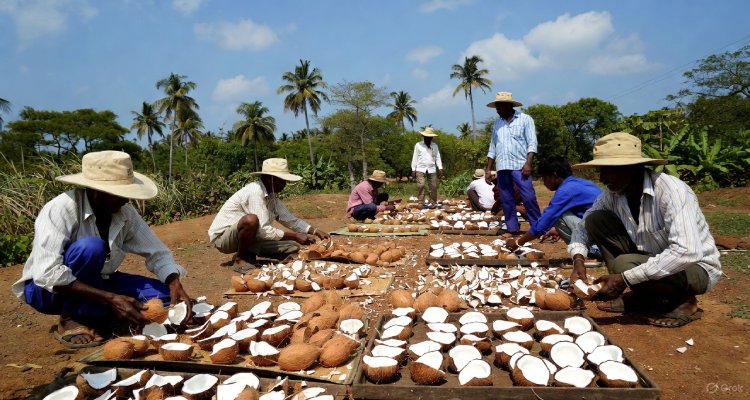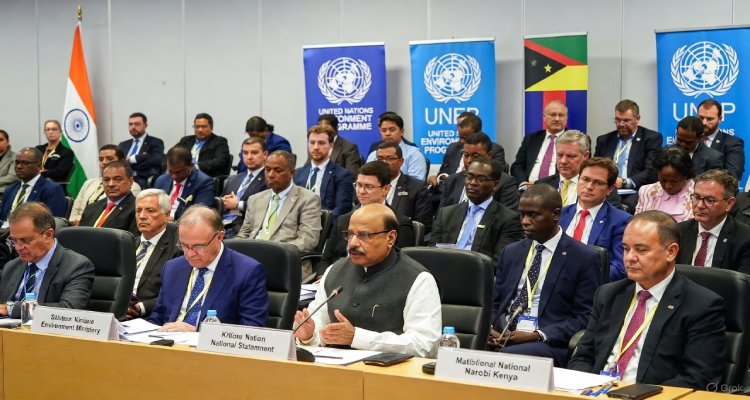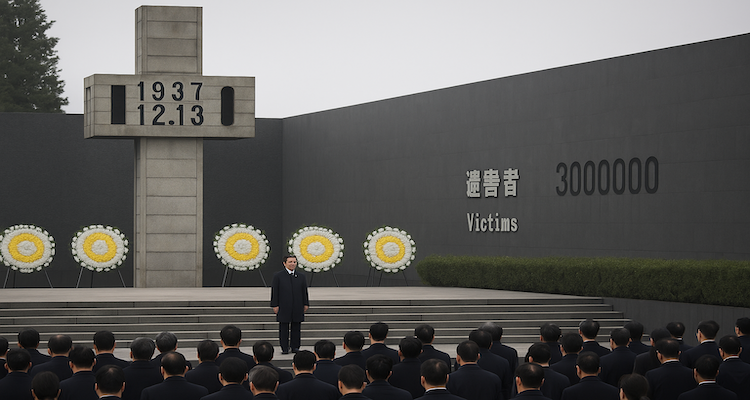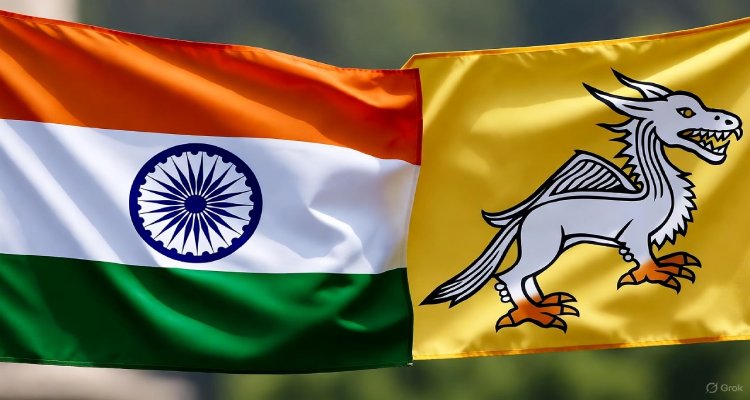India, Bhutan Review Border Security, Reinforce Decades-Long Partnership for Regional Stability
India and Bhutan reaffirm their border cooperation during the 14th Border Management and Security Meeting in Thimphu, strengthening bilateral ties and ensuring a secure Himalayan frontier.
Introduction: Renewing a Timeless Partnership in a Changing Region
In an era of evolving geopolitical dynamics, India and Bhutan continue to set a regional benchmark for trust-based diplomacy and border cooperation. The two neighbors recently reaffirmed their enduring partnership during the 14th India-Bhutan Meeting on Border Management and Security, held in Thimphu from October 16 to 17, 2025. The dialogue underscored both nations’ shared commitment to maintaining a peaceful and prosperous border region, grounded in decades of friendship and mutual respect.
Context & Background: A Relationship Rooted in Trust
India and Bhutan share a 699-kilometer-long border, stretching across the Indian states of Sikkim, West Bengal, Assam, and Arunachal Pradesh. Over the years, the two nations have maintained a remarkably stable frontier, with their security cooperation serving as a pillar of the broader India-Bhutan relationship.
The Border Management and Security Meeting, first convened over a decade ago, provides a structured platform to address evolving cross-border challenges, ranging from illegal movement and narcotics control to telecommunication overlaps and trade facilitation.
The previous meeting in 2019 laid the foundation for cooperative efforts in integrated border management. The 2025 dialogue built on that momentum, signaling a renewed commitment to adapt to emerging security and developmental priorities.
Main Developments: Strengthening Coordination and Modernization
The Thimphu meeting brought together delegations led by senior officials from both countries. The Indian side included representatives from the Sashastra Seema Bal (SSB), Land Ports Authority of India, Department of Telecommunications, Narcotics Control Bureau, Survey of India, Customs Department, and state governments of Assam, West Bengal, Sikkim, and Arunachal Pradesh.
Both sides reviewed the full spectrum of border management issues, including:
- Security cooperation and surveillance coordination between border forces.
- Maintenance of boundary pillars and modernization of border infrastructure.
- Mobile signal spillover, which often affects telecommunication reliability along the frontier.
- Integrated Check Post (ICP) development to streamline movement and trade.
- Capacity building for Bhutanese police forces, emphasizing training, technology sharing, and operational support.
Officials described the discussions as cordial, constructive, and forward-looking, reflecting the unique level of trust and transparency that characterizes India-Bhutan relations.
Expert Insight: Building a Secure and Sustainable Border Region
Security analysts view this meeting as a timely reaffirmation of the two countries’ strategic interdependence.
Dr. Anirban Roy, a South Asian policy researcher, notes,
“India and Bhutan’s border management framework is less about militarization and more about cooperation. It’s a model of how security can coexist with development, local livelihood, and cultural exchange.”
Similarly, former Indian diplomat Pankaj Saran emphasized that such dialogues reinforce Bhutan’s role as a stable and trusted partner in South Asia, stating,
“While many regional borders face tensions, the India-Bhutan frontier remains an example of diplomacy grounded in goodwill and mutual understanding.”
For Bhutan, the collaboration extends beyond defense—it involves capacity enhancement, economic resilience, and connectivity, aligning with its broader development goals under the Gross National Happiness framework.
Impact & Implications: Beyond Borders
The outcomes of the 14th meeting are likely to influence several critical areas:
- Regional Security: Enhanced coordination among border forces will improve vigilance against transnational threats, including smuggling and human trafficking.
- Digital Connectivity: Efforts to address mobile signal spillover and communication gaps will improve connectivity for border communities.
- Trade and Mobility: Plans for integrated check posts will boost cross-border commerce and tourism, promoting socio-economic development.
- Institutional Strengthening: Capacity building for Bhutan’s police enhances law enforcement cooperation, fostering greater institutional trust.
Moreover, by maintaining transparent dialogue and joint management of their shared frontier, India and Bhutan reinforce a message of peaceful coexistence and regional cooperation amid increasing global polarization.
Conclusion: A Border That Symbolizes Friendship
As the 14th India-Bhutan Border Management and Security Meeting concluded in Thimphu, both sides expressed satisfaction with the progress made and reiterated their resolve to safeguard their shared frontier.
Their partnership—anchored in geography, history, and human connection—remains a model for South Asia and beyond. In an age of shifting alliances, the India-Bhutan relationship stands out as a rare example of diplomacy built not on power, but on trust and mutual respect.
The meeting’s success not only strengthens security but also underscores a deeper truth: for India and Bhutan, borders do not divide—they connect.
Disclaimer:This article is based on official meeting summaries and public domain information. The views and interpretations are journalistic and intended for informational purposes.











